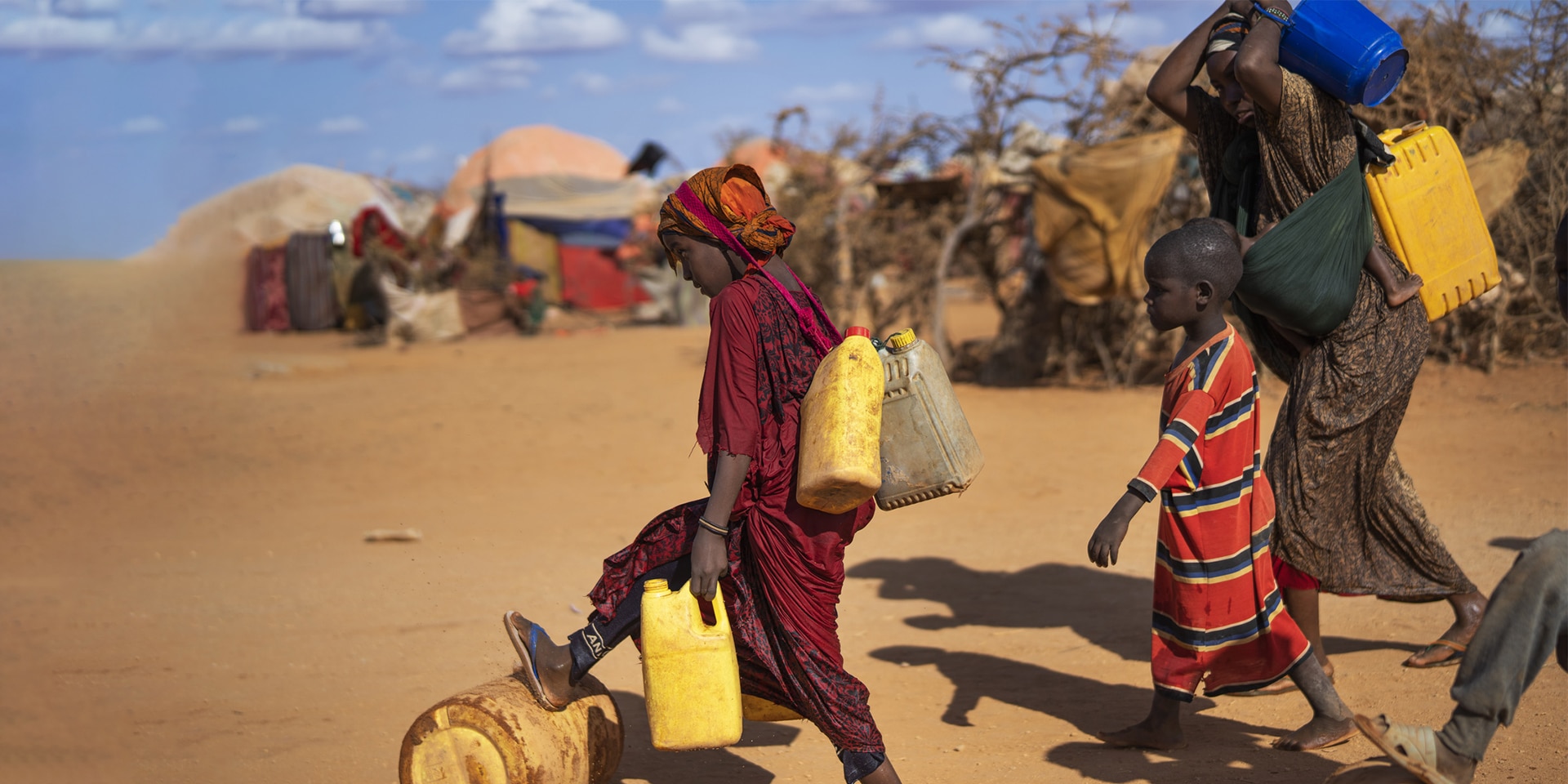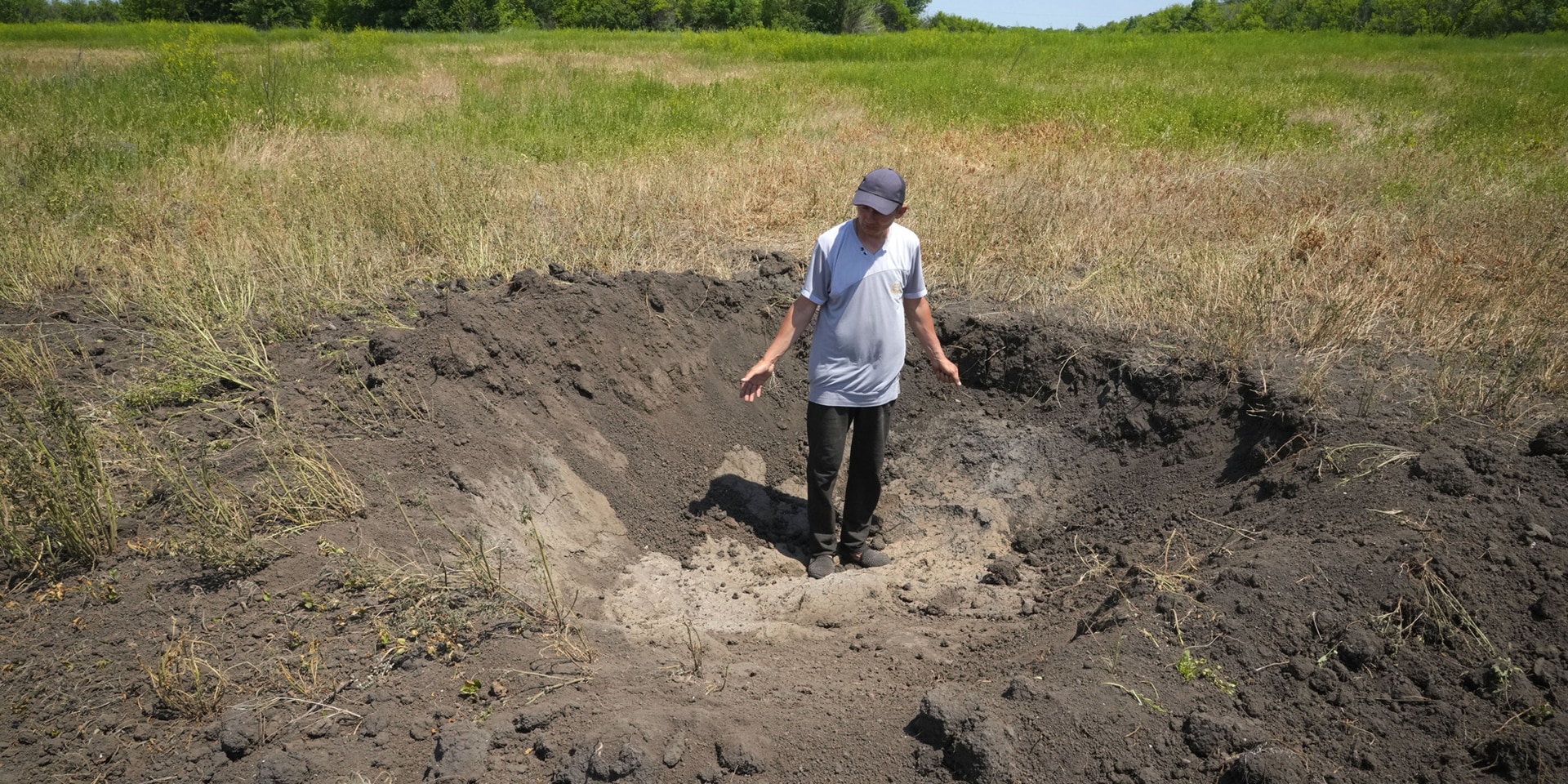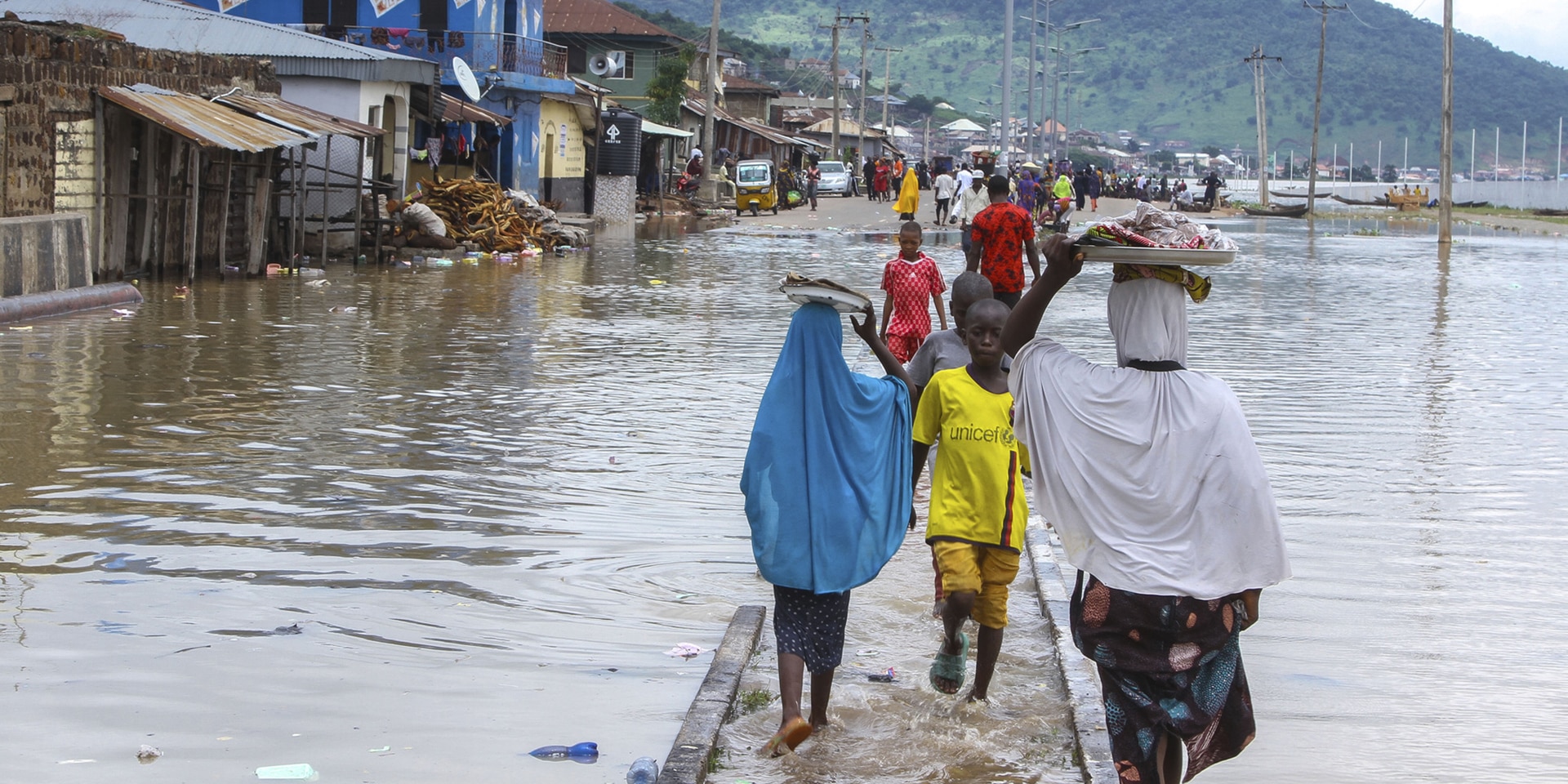Drought and famine in the Horn of Africa – a vicious circle of multiple crises
Millions of people are affected by the consequences of the drought in East Africa. Parched soils and dying livestock are destroying livelihoods and leading to a food crisis on a vast scale – the situation is dire. The SDC is also active in the region, supporting development projects and humanitarian relief efforts to mitigate the crisis.
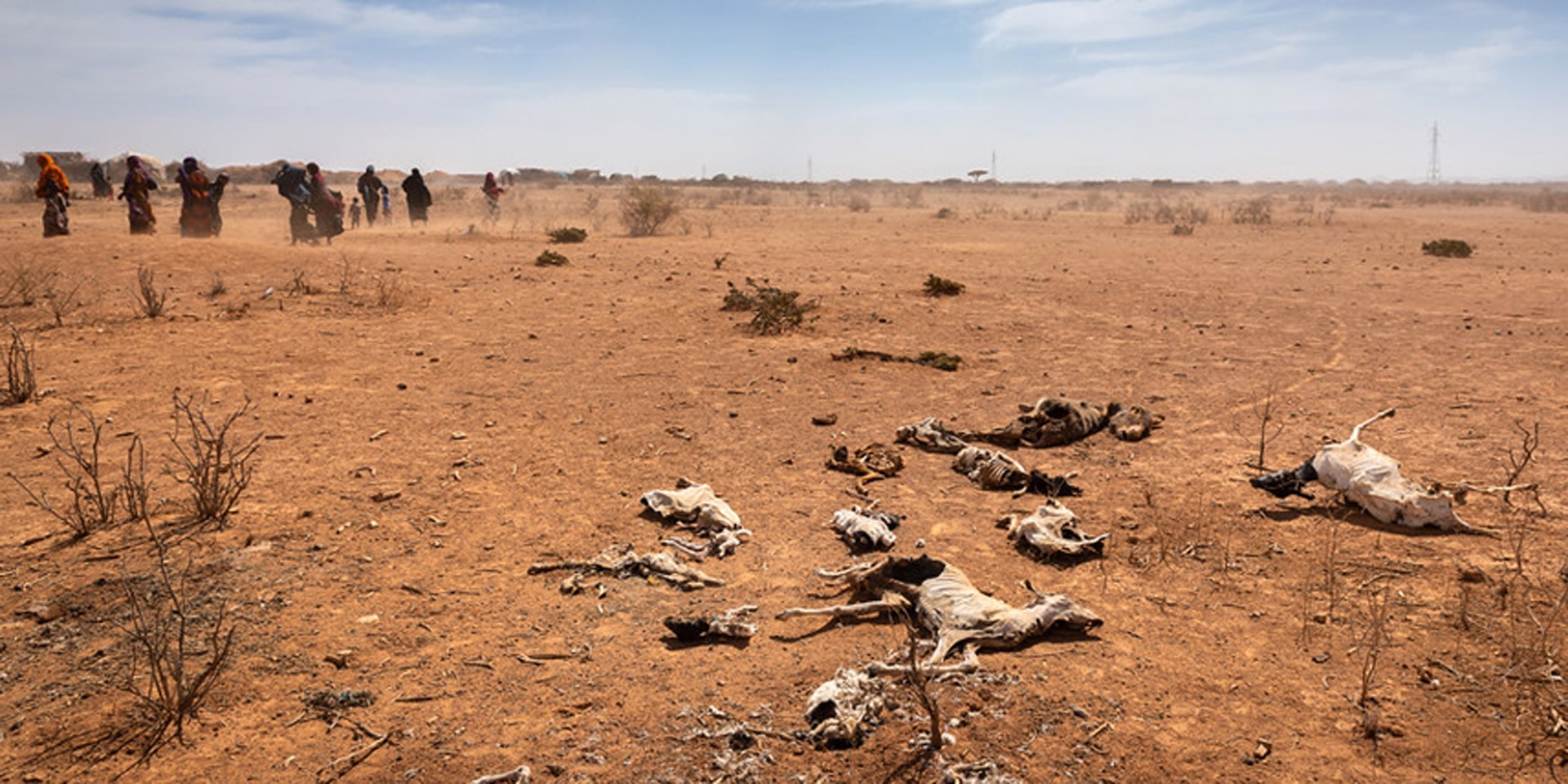
Women and children walk past animal carcasses near Sagalo village in the Korahe zone of the Somali region of Ethiopia, Jan. 21, 2022. © UNICEF
The current drought in the Horn of Africa comes on top of an already difficult situation: the affected communities are at the same time also struggling to cope with other serious problems, including the effects of climate change – such as floods, plagues of locusts and previous droughts – as well as COVID-19, armed conflicts and high inflation. It is a vicious circle, born of various crises, impacting millions of people in the affected regions.
The impact of the ongoing drought is particularly devastating for vulnerable groups. "The people, especially women and children, in the affected countries are struggling to survive. What is needed right now is food and medical care as a short-term solution. In the longer term, it's about improving people's livelihoods, defying climate change and ending the wars", says SDC Director General Patricia Danzi about the situation on the ground. People in the region are sometimes forced to take desperate measures to ensure the survival of their families. The list of additional risks created by the crisis is long: sexual violence; limited access to education for children; diseases caused by malnutrition; lack of protection for displaced persons.
A short- and long-term SDC Commitment
The SDC has been running a regional cooperation programme for the Horn of Africa (Ethiopia, Kenya and Somalia) since 2013. The current regional programme (2022–25) has a total budget of CHF 215 million.
Responding quickly to the drought crisis, since October 2021 Switzerland has adapted its programmes, diverting more than CHF 8 million of regular funding to address urgent needs related to the drought in the Horn of Africa. This also includes increased funding for long-term development projects already under way. Among other things, this has made it possible to increase the Swiss contribution to the International Committee of the Red Cross (ICRC) programme in Somalia, which is providing vital emergency aid in the areas of nutrition, water and health.
Furthermore, in 2022 the SDC mobilised an additional CHF 5 million from its own emergency relief fund to respond to the humanitarian impact of the drought.
Among the most important partners in this crisis is the World Food Programme (WFP), which Switzerland is supporting with around CHF 10 million this year in Ethiopia and Somalia. The WFP is a key humanitarian actor in food and livelihood security in the drought-stricken region.
Cross-cutting cooperation to prevent protracted crises
The SDC works across instruments in the Horn of Africa to bring humanitarian, development and peace actors closer together. This 'nexus' approach is particularly important in fragile contexts like the Horn of Africa, where long-term conflicts, the effects of climate change and structural causes all combine to create a persistent negative spiral.
In this context, among other things the SDC is supporting the Somalia Resilience Programme. The aim of this programme is to strengthen the capacity of vulnerable populations in Somalia to respond quickly to droughts and other climatic shocks, and also to improve long-term resilience in some of the worst affected regions of the country.
An important nexus instrument for the SDC is what is known as 'contingency funds'. These funds constitute an emergency mechanism that is integrated into ongoing development projects. The mechanism can be triggered to save lives and meet urgent basic needs while ensuring development achievements are not lost. In the context of the current drought, most of the SDC's development partners have released their contingency funds.
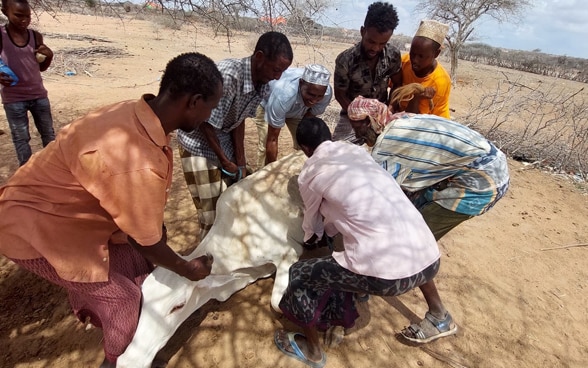
Support also necessary for the coming years
In the coming years, the solidarity of the global community and a major financial commitment will continue to be needed to counter the effects of the global food crisis and the direct consequences of the current drought. At the same time, from a long-term perspective, the building of sustainable resilience must be supported. Together with its partners, the SDC will continue to be active in the Horn of Africa and committed to helping the people affected by this grave crisis in the short and long term.

